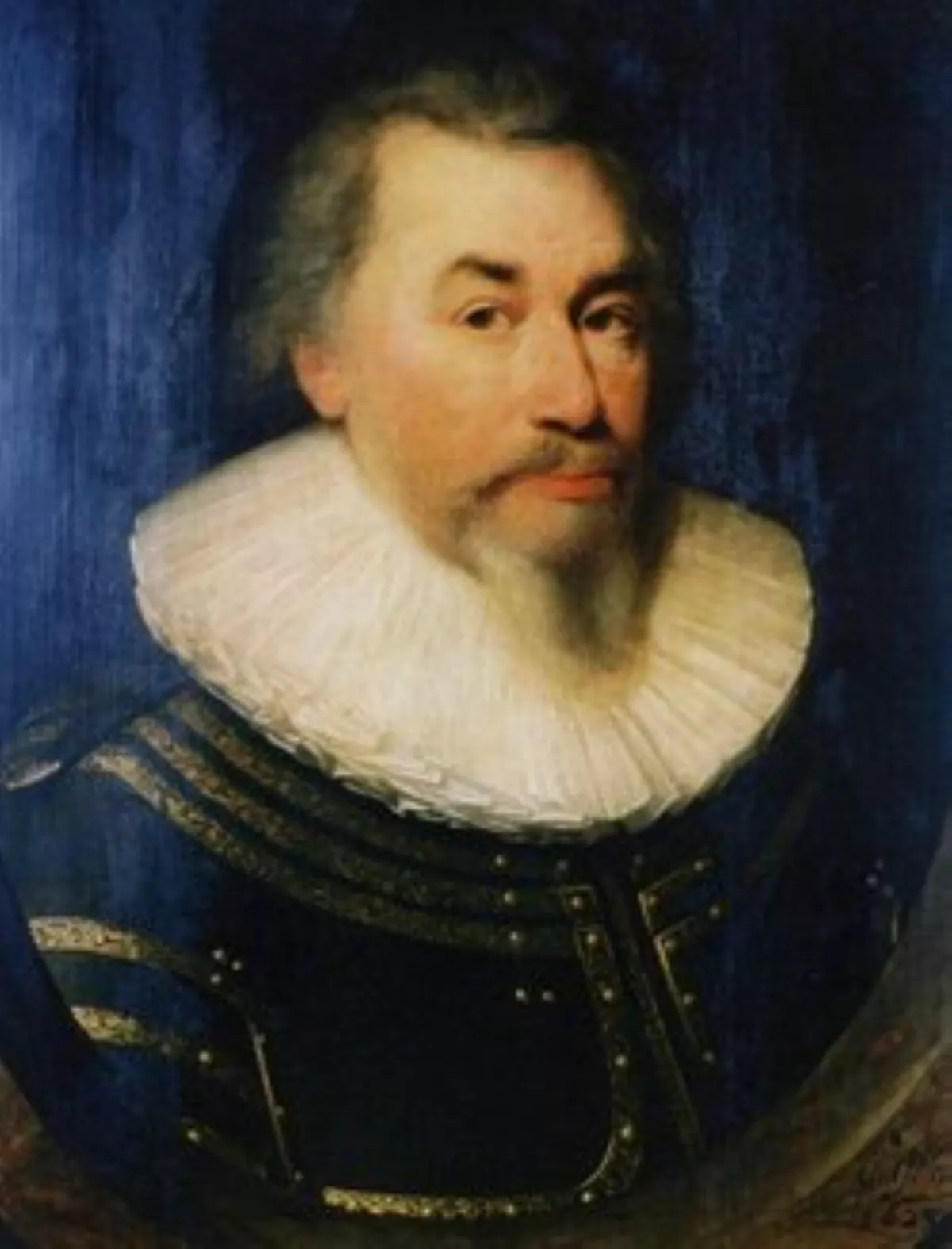 1.
1. Robert Filmer's best known work, Patriarcha, published posthumously in 1680, was the target of numerous Whig attempts at rebuttal, including Algernon Sidney's Discourses Concerning Government, James Tyrrell's Patriarcha Non Monarcha and John Locke's Two Treatises of Government.